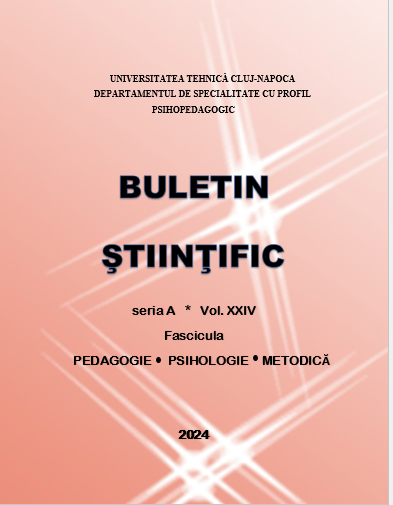From Pedagogical Research to Curricular Optimization in Pre-University Education
From Pedagogical Research to Curricular Optimization in Pre-University Education
Author(s): Monica MaierSubject(s): Education, Psychology, Communication studies, Sociology
Published by: Editura U. T. Press
Keywords: curricular reform; curricular development; curricular optimization; curricular design; pedagogical research;
Summary/Abstract: In the context of competency-centered training, instructional design represents the starting point for both curricular development (the creation of a new curriculum) and curricular optimization (the improvement of the current curriculum). In the three approaches to curricular optimization (the three-phase, four-phase, and five-phase approaches), curriculum design is directed towards diagnosing the state of education (answering questions such as: What is the current state of instruction and education? What are the effects of education as it has been designed and implemented?), as well as towards analyzing dysfunctions in education (identifying answers to questions like: What did not work/does not work, what needs to be modified or canceled - within the current curriculum?). In this context, it is imperative to adhere to the principles and norms of modern curricular design, in which the student is at the center of their own learning process, and to conduct qualitative research that adds value to instructional efforts.
Journal: Buletin Științific – Seria A – Fascicula PEDAGOGIE. PSIHOLOGIE. METODICĂ
- Issue Year: XXIV/2024
- Issue No: 1
- Page Range: 99-109
- Page Count: 11
- Language: English, Romanian

